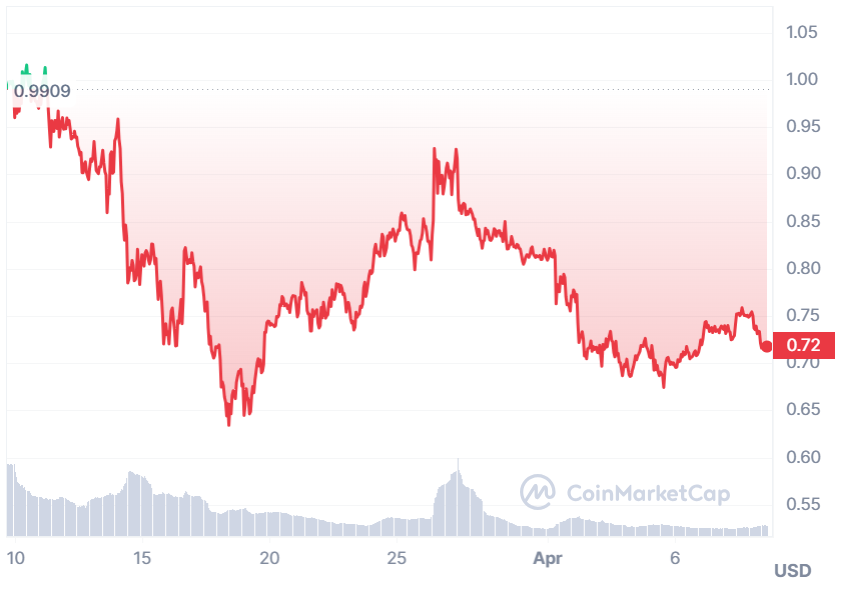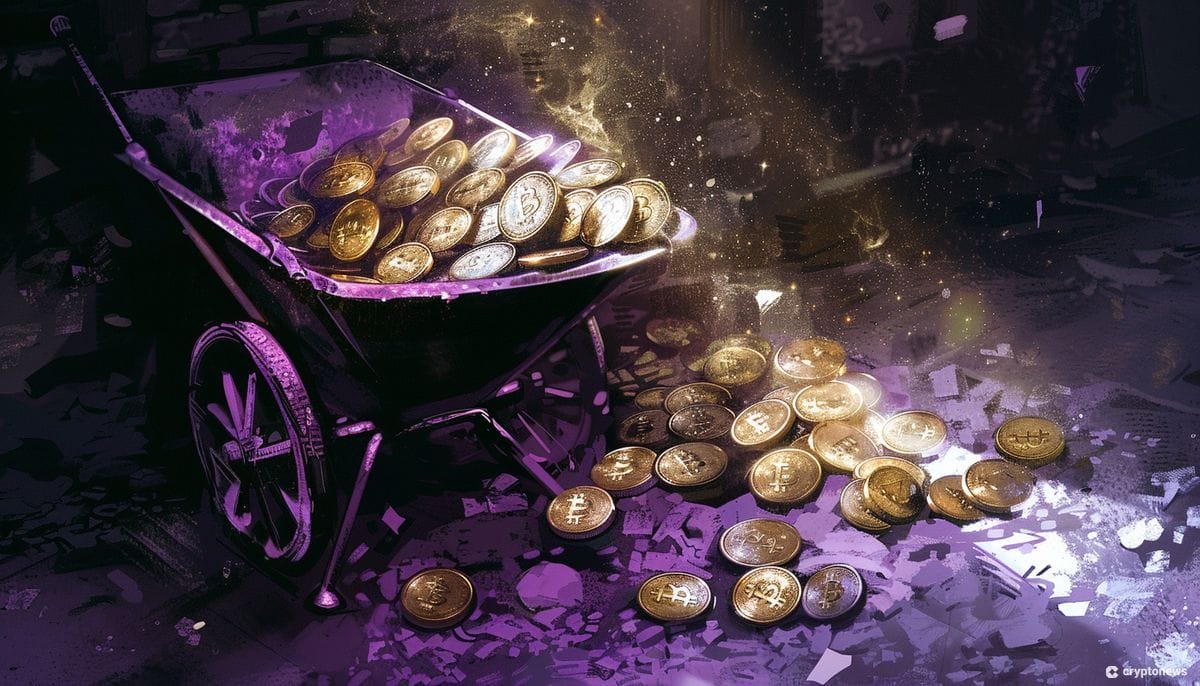South Korean Regulators Want to Stop Traders Dumping Stolen Coins on Domestic Exchanges
South Korean Regulators Are looking out for to Stay Traders Dumping Stolen Money on Domestic Exchanges
South Korean regulators want to dam traders from dumping stolen coins on the country’s crypto exchanges.
The pass follows news from earlier this month, when regulators in the nation said they wished to cease shopping and selling platforms from itemizing hacked tokens.
Per News1, the Monetary Supervisory Provider (FSS) and the Monetary Products and companies Commission (FSC) want to pass following a suspected hack on the NFPrompt (NFP) platform final month.
A South Korean trader, some relate, knowingly equipped NFP coins from a hacker, which they then reportedly “dumped” on the Coinone alternate.
South Korean Regulators Acknowledge to Hack Allegations
On March 28, South Korean crypto community individuals bear been outraged by news that a domestic investor allegedly “bought stolen assets from a hacker in an over-the-counter [OTC] transaction.”
The investor, it appears, wrote a social media put up that implies they would possibly possibly even unbiased bear equipped coins they seem to bear identified originated from the hack. The investor admitted to looking out for to gather the coins in an OTC deal.
In the since-deleted put up, this investor raises questions about Coinone’s liquidity and ability to direction of a sizable NFP transaction.
The investor additionally appears to employ a derogatory term to portray the Coinone CEO and Founder Cha Myung-hoon.
Swap, Regulators Act
Coinone spoke back by adding NFP to its “investment cautionary coins” list, citing “safety concerns” as its main cause.
Regulators, in the meantime, bear spoke back with a promise to probe the transaction and extra allegations of ticket manipulation.
NFPrompt prices fell with out note on April 28, with authorities suspicious about the sale’s cease on the token.

Regulators are unruffled overhauling systems associated to “unfair transactions” sooner than the implementation of the Virtual Asset User Protection Act in July.
They’ve ordered domestic exchanges to commence “irregular transaction systems.” These systems would possibly possibly be in a position to title “unlawful” or suspicious transactions.
ATTENTION $NFP Holders:
We’re writing to let you know of a vital safety incident piquant NFPrompt. It became once discovered that a community of hackers compromised some wallets, alongside side these of NFP’s contract directors.
They illegally won adjust of victims’ funds,… pic.twitter.com/ZeQXLruvTW
— NFP (@nfprompt) March 15, 2024
An unnamed regulator urged News1 that it would commence a fleshy investigation into the “NFP coin incident” if the FSC or FSS suspected the trader extinct “unlawful plan” to develop the coins. The regulator said:
“We can additionally look into whether or no longer it’s that you are going to also imagine to contain legislation enforcement agencies if these coins bear been stolen.”
Domestic exchanges said they bear been “in the midst of of making a system to forestall unfair practices.”
Coinone Aloof ‘Talking to Basis’ About Suspected Hack
Coinone, in the meantime, said that an “inside evaluation” became once unruffled looking out for to set up whether or no longer a leak of the NFPromt foundation’s assets “became once an accident led to by hacking.”

The platform said it would “continue to shield discussions with the muse” because it tries to “resolve” the reality of the matter.
South Korean regulators advise they notion to “draw distinctive provisions for bans on deposit and withdrawals” on exchanges.
They want to draw industry-wide requirements that relieve all exchanges “keep up a correspondence” files about potentially unlawful transactions.
They hope that the kind of pass would draw a speedily-performing safety acquire to construct off in any admire exchanges following hacks and other leaks.
OTC transactions, in the meantime, bear come beneath the highlight in South Korea. Regulators bear promised to act after police reported a couple of cases of OTC-associated thefts.
Source : cryptonews.com

